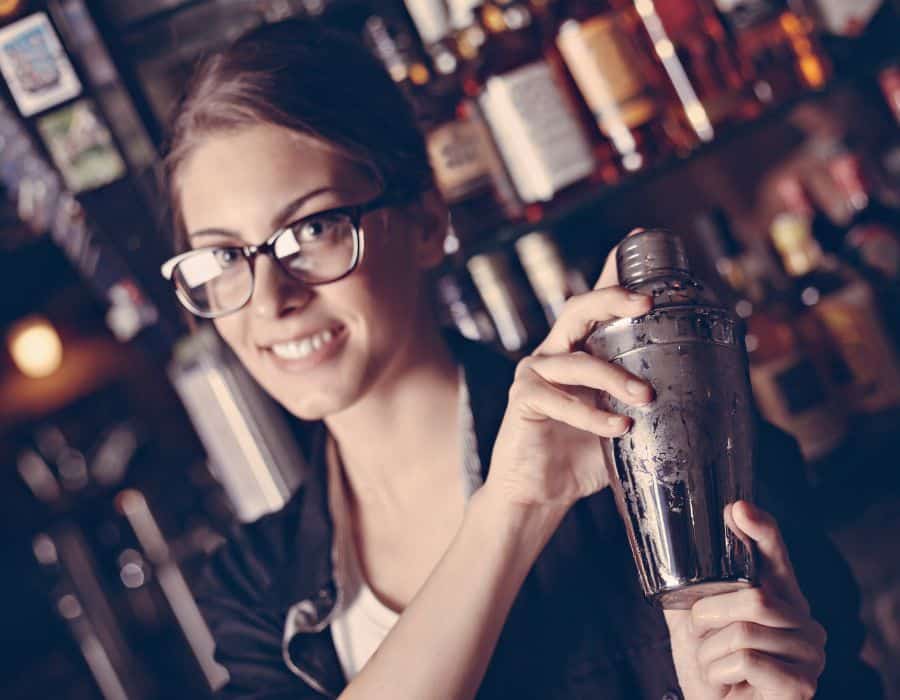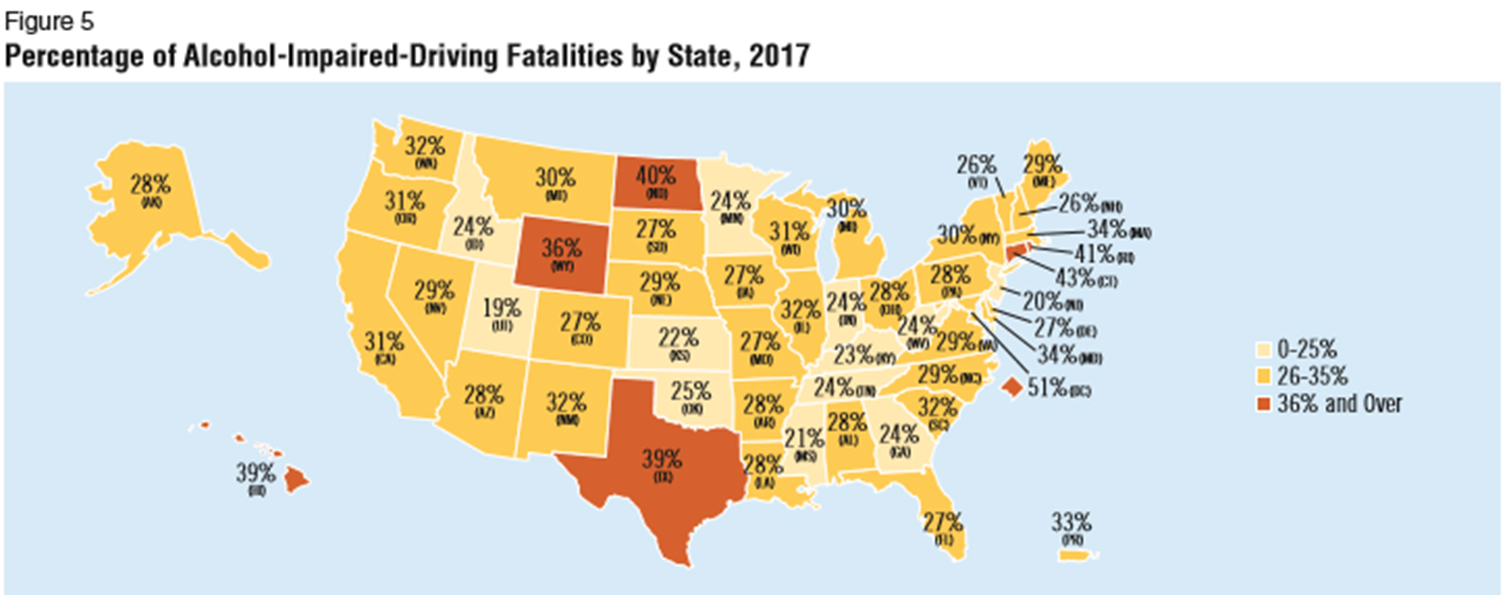Get Your safe serve certification va and Work in Food Safety with Confidence
Get Your safe serve certification va and Work in Food Safety with Confidence
Blog Article
Master Responsible Alcohol Solution With Comprehensive Accreditation Programs
The mastery of responsible alcohol solution is not just a governing demand; it is a fundamental element that boosts the track record and operational stability of establishments within the friendliness industry. Comprehensive certification programs use vital understandings into local laws, efficient treatment strategies, and client involvement approaches. By investing in these training campaigns, services can foster a culture of duty among their team, mitigating dangers and improving client fulfillment. Nonetheless, the path to reliable implementation and its long-lasting advantages may not be as simple as it appears. What challenges lie ahead for those who look for to raise their solution standards?

Value of Accountable Alcohol Service
Responsible alcohol service is vital to promoting public wellness and safety in establishments that offer alcoholic drinks. It encompasses an array of practices developed to avoid the overconsumption of alcohol, lower the threat of alcohol-related injury, and make sure a secure setting for customers and team alike. By upholding responsible service standards, facilities can reduce potential cases of drunkenness, which might lead to mishaps, physical violence, or other adverse end results.
In addition, responsible alcohol service improves the general customer experience. Patrons are most likely to go back to facilities that prioritize their safety and security and wellness. This commitment cultivates a positive track record, motivating word-of-mouth references and repeat company. Additionally, facilities that comply with responsible service practices commonly experience lower insurance policy premiums and minimized lawful obligations.
Additionally, applying accountable alcohol solution techniques straightens with wider public health efforts targeted at lowering substance abuse and advertising area health and wellness. This proactive method not only secures specific clients however also contributes to a much healthier society. Eventually, responsible alcohol solution is not simply a legal commitment; it represents a moral dedication to the health of consumers and the community at huge.
Key Parts of Certification Programs
Certification programs for liable alcohol solution typically include numerous essential elements designed to equip staff with the required skills and expertise to serve alcohol securely. Primarily, these programs commonly consist of extensive training on local and state alcohol laws, making sure that participants understand their legal obligations and the consequences of failing to conform.
One more crucial element is the recognition of signs of drunkenness - servsafe food handlers card. Personnel are educated to recognize behavior signs suggesting when a customer may be over-served, enabling them to interfere properly
Furthermore, efficient interaction methods are stressed, showing personnel how to involve with customers in a manner that advertises responsible alcohol consumption. This consists of training in conflict resolution methods, enabling personnel to deal with tight spots calmly and skillfully.
Furthermore, programs regularly include practical situations and role-playing exercises, supplying participants with real-life examples to exercise their skills. Recurring education and resources are essential for maintaining expertise and skills over time, as laws and finest practices evolve. With each other, these components create an extensive framework that equips staff to foster a much safer drinking setting while reducing liability for establishments.
Benefits for Team and Establishments
Staff and facilities alike reap considerable take advantage of taking part in accountable alcohol service qualification programs. For team, these programs boost expertise and abilities connected to alcohol solution, furnishing them to identify indications of drunkenness and apply efficient intervention methods. This training not only fosters a sense of confidence among employees yet additionally advertises a society of safety and security and responsibility in the office.
For facilities, spending in accreditation programs can lead to minimized responsibility and less cases associated with over-serving. By guaranteeing that personnel are well-trained in accountable service techniques, facilities can mitigate risks connected with alcohol-related incidents, thereby shielding their credibility and financial stability. Moreover, lots of territories offer incentives, such as reduced insurance costs, for accredited facilities.
In addition, executing licensed practices can improve client complete satisfaction and loyalty. Customers are much more likely to return to venues that prioritize their safety and security and wellness. Eventually, a dedication to accountable alcohol solution not only cultivates a positive atmosphere but also boosts the general functional efficiency of establishments, making it a clever investment for lasting success in the friendliness market.
Usual Difficulties in Alcohol Service
Guaranteeing reliable alcohol solution is not without its difficulties, even in establishments devoted to accountable techniques. One considerable challenge is the need for staff to properly assess customers' alcohol usage levels. servsafe food handlers card. This needs a keen understanding of how different factors, such as food consumption, tolerance, and individual distinctions, influence drunkenness
In addition, the stress to make best use of sales can contravene liable service methods. Staff members may face problems in rejecting service to inebriated individuals, specifically in social environments where peer stress and assumptions prevail.
An additional obstacle is remaining updated with local regulations and regulations pertaining to alcohol service. Compliance is essential, yet frequent modifications in legislation can develop complication and may lead to unintended offenses.
Training programs may not constantly cover the nuances of real-world situations, leaving personnel ill-equipped to handle intricate scenarios. Irregular interaction between monitoring and staff members concerning expectations for responsible service can additionally aggravate these issues.
To browse these challenges properly, establishments need to cultivate an environment of assistance, emphasizing the significance of accountable solution while offering the essential devices and training for staff to do well.
Steps to Get Accreditation
To get Liable Alcohol Service Accreditation, candidates normally start by researching the specific requirements mandated by their regional regulatory authorities. These demands might vary considerably relying on the region, so it is necessary to familiarize oneself with the pertinent laws and laws.

After choosing a program, candidates have to complete the requisite training, which typically covers subjects such as identifying intoxication, understanding legal obligations, and carrying out techniques for responsible service. Participants need to proactively involve with the material, as this expertise is vital for efficient alcohol solution.

Complying with training, prospects usually take an evaluation to examine their understanding of the material. Effective completion of this assessment results in accreditation.
Conclusion
In conclusion, grasping liable alcohol service via thorough certification programs is necessary for promoting safety and security and improving client experiences within the hospitality market. By furnishing staff with the essential understanding and abilities, establishments not only mitigate risks related to overconsumption and lawful responsibilities but also cultivate a culture of responsibility. This dedication to accountable service ultimately leads to increased client commitment and functional success, enhancing the importance of ongoing training and adherence to alcohol service criteria.
Report this page